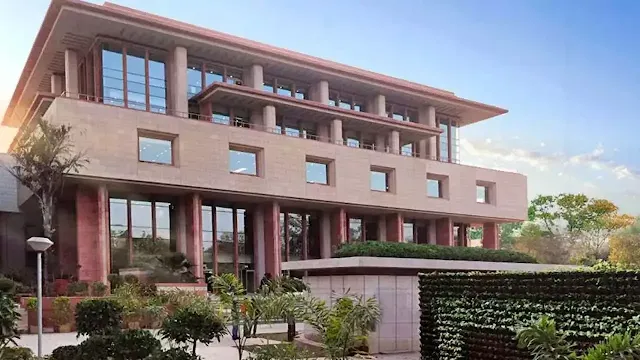In a significant judgment, the Delhi High Court underscored the primacy of individual liberty over extended pre-trial detention, even under stringent laws like the Maharashtra Control of Organised Crime Act (MCOCA). Justice Amit Mahajan ruled that prolonged incarceration without trial completion infringes upon the fundamental right to life and liberty enshrined in Article 21 of the Indian Constitution. This decision emphasizes that statutory bail restrictions under MCOCA cannot supersede the constitutional guarantee of personal freedom, especially when trials are unduly delayed.
The case involved Rajesh Kumar, also known as Raje, who was arrested in 2018 under Sections 3 and 4 of MCOCA. He was apprehended during a raid where 3 kg of heroin was seized. The prosecution alleged that Kumar was part of a larger drug syndicate, citing his association with a co-accused known for multiple offenses under the Narcotic Drugs and Psychotropic Substances Act. However, Kumar's defense argued that he was merely a driver for the co-accused and had no knowledge of the contraband.
Despite the serious nature of the allegations, the court observed that Kumar had been in custody for over six years, with the trial still at the stage of examining prosecution witnesses—only 11 out of 100 had been examined. The court noted that such delays made the prospect of a speedy trial unlikely. It emphasized that the right to a speedy trial is a fundamental aspect of Article 21 and cannot be compromised by procedural delays or stringent bail provisions.
Justice Mahajan highlighted that while MCOCA imposes strict conditions for bail, these do not preclude the courts from granting bail when there is undue delay in trial proceedings. He stated, "Various courts have recognized that prolonged incarceration undermines the right to life and liberty, as has been guaranteed under Article 21 of the Constitution of India, and therefore, conditional liberty must take precedence over the statutory restrictions under Section 21 of MCOCA and override the bar therein."
The court's decision aligns with previous rulings emphasizing the importance of timely trials. In the case of Manish Sisodia vs Directorate of Enforcement, the Supreme Court noted that unexplained delays in trials violate the inherent right to a speedy trial, which is integral to the right to life under Article 21. The court granted bail to Sisodia, emphasizing that the seriousness of the offense should not overshadow the fundamental rights of the accused.
Furthermore, the Delhi High Court has previously held that the right to a speedy trial cannot be diluted even if the accused is a habitual offender or an absconder. In a case involving a murder accused facing trial for 14 years, the court stated that the right to a speedy trial is not contingent upon the accused's past behavior and must be upheld regardless.
In Kumar's case, the court granted bail, considering the excessive delay in trial and the prolonged period of incarceration. It emphasized that detention should not be punitive or preventive but should ensure the accused's availability for trial. The court concluded that continued detention in such circumstances would violate the accused's fundamental rights.
This judgment reinforces the principle that the right to liberty and a speedy trial are paramount, even in cases involving serious allegations under stringent laws like MCOCA. It serves as a reminder that legal provisions must be balanced with constitutional rights to prevent unjust and prolonged detention without trial.










0 Comments
Thank you for your response. It will help us to improve in the future.